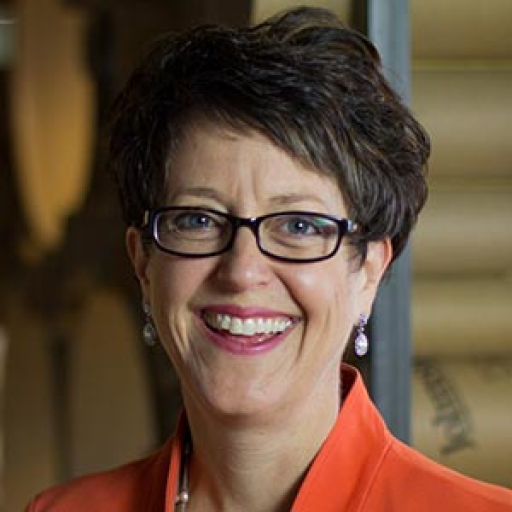Shelton Stat of the Week
78% of people around the world believe that climate change is occurring and caused by human activity. — Eco Pulse®, 2023 (Global)
It’s that time of year: vacation season! My family often spends our beach time outside of Charleston, SC, and I’ve gotten used to seeing lots of plastic substitutions — paper grocery bags as the primary offering (not the thing you have to ask for as a substitution for plastic bags), plant-based straws at restaurants, and even the new double-walled Chick-fil-A paper cup (replacing their ubiquitous polystyrene cup). It makes a lot of sense in coastal regions: plastics in the ocean is the number one environmental issue most of us say we’re really concerned about. (76% of us rate ourselves an 8 or above on a scale of 1-10, with 10 being extremely concerned.)
Interestingly, most of this paper-not-plastic activity has come from local ordinances and plastic bans … which has happened as a result of grassroots, consumer and NGO-led efforts. Remember that South Carolina is a reliably red state, so the fact that 15 cities in the state now have plastic bans is a bit unexpected (though aligned with our consumer insights as you’ll see in a minute).
So, on a vacation in Cape Cod last week I was quite surprised to be served lots of single-use plastic to-go cups with plastic straws in them, as well as lots of plastic bags — with nary an opportunity to recycle them in sight.
While there are some bans throughout the Cape, it seems they’re largely focused on single-use plastic bottles. And while South Carolina’s language around their bans focuses on microplastics in the seafood it’s famous for, the Cape’s bans are focused on running out of landfill space — which I find so interesting, given that Cape Cod is also famous for seafood. And since Massachusetts is a reliably blue state, I expected to see a much heavier recycling presence than I did.
The point of all of this isn’t blue versus red or even paper versus plastic. It’s about optics — and the messages businesses and municipalities send with both their material choices and collection options.
In our 2022 Eco Pulse survey, 59% of people in America said that companies bear responsibility for the end of life of the products they manufacture. That means when people are handed packaging that they didn’t get to choose — which includes to-go ware and bags at retail — they expect the folks who handed them that stuff to have considered what happens at the end of its life.
Translation: you need to ensure collection and proper recycling (or composting) is easily, readily available for folks who are receiving your packaging.
In fact, in our Global Eco Pulse survey completed earlier this year, our TURF analysis revealed that the single most important packaging attribute — in terms of impacting purchase decisions — is that it’s recyclable. And it simply doesn’t work anymore to say something is recyclable if it technically can be recycled. It has to actually be able to be recycled where the human receiving the package is going to dispose of it.
As the country’s leading sustainability marketing communications firm, we are in a lot of meetings about how to tell a sustainability story at the product level and recyclability comes up a lot. If something is only recyclable in some municipalities but not most, you just can’t say it’s recyclable. It will put your brand in a terrible backlash position when consumers figure out you’ve been falsely slapping a recycling symbol on your product (essentially what’s happening with any plastic with a recycling symbol and a number in it that’s not a 1, 2 or 5). What’s more — you could very well get sued for it if it doesn’t meet the new guideline currently laid out by the FTC, which states that your product has to be recyclable in 60% of municipalities to simply say it’s recyclable.
So, do your due diligence and use the materials you know have the least environmental impact at the beginning AND end of life, and make it easy for a consumer to deliver on the end-of-life piece. They’ll feel better about your brand because of it, and it could put you ahead of upcoming regulations.
 View all
View all 
